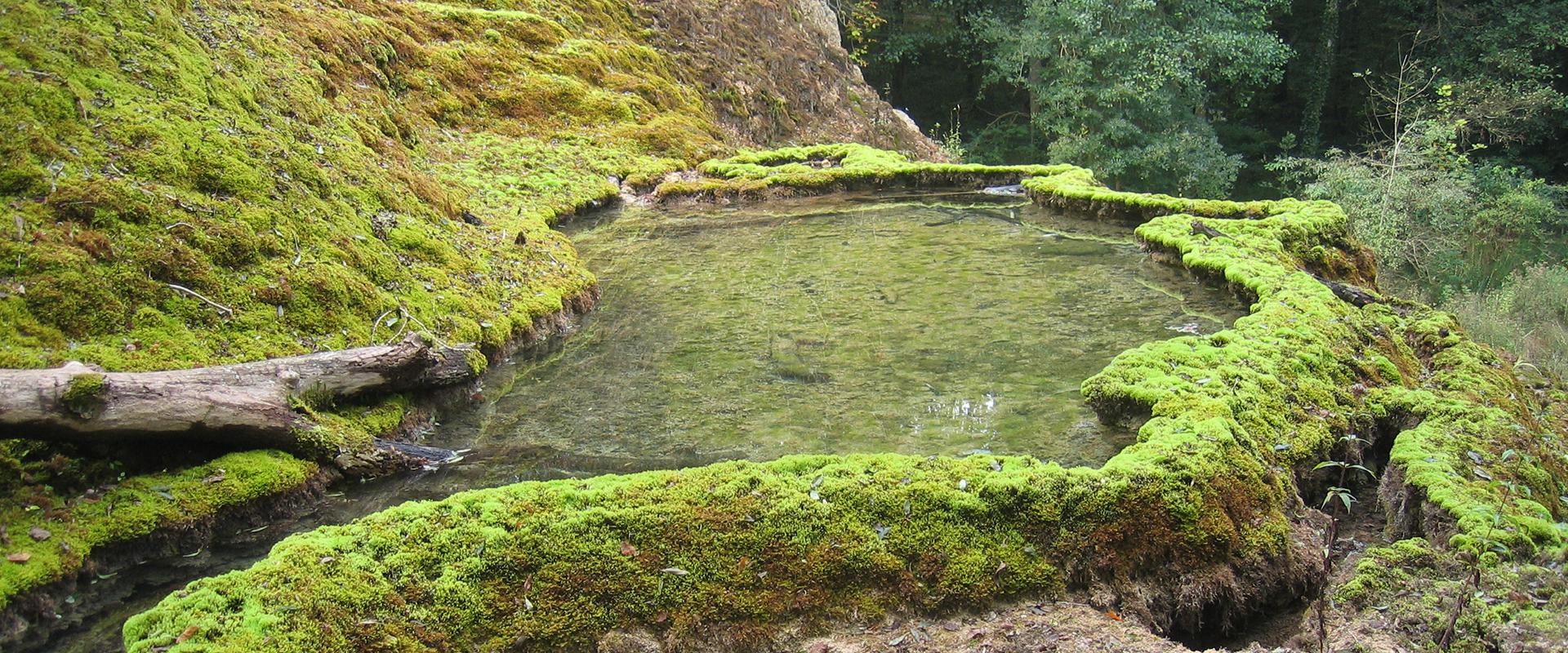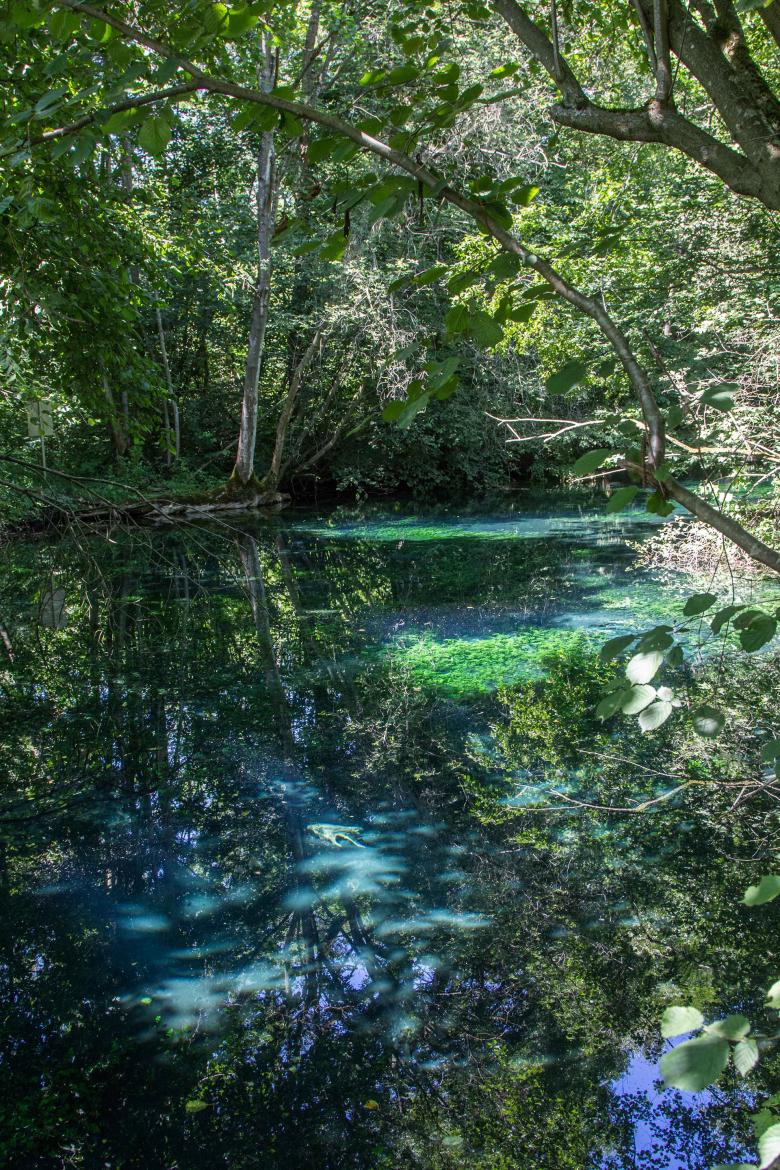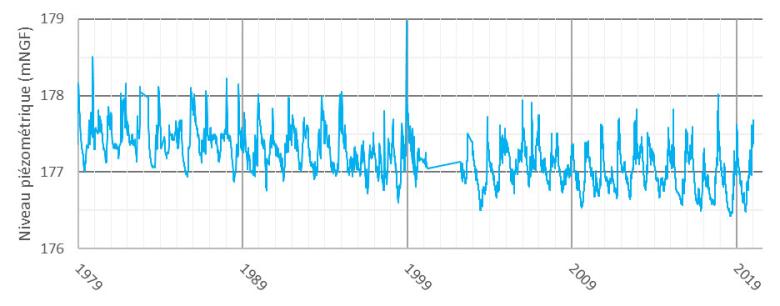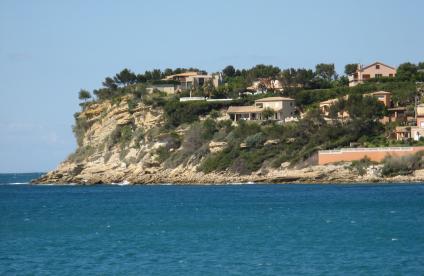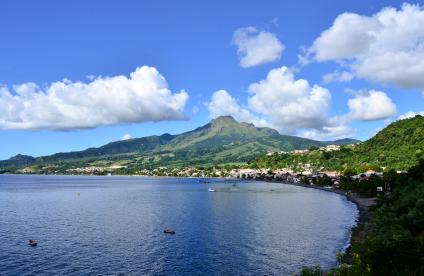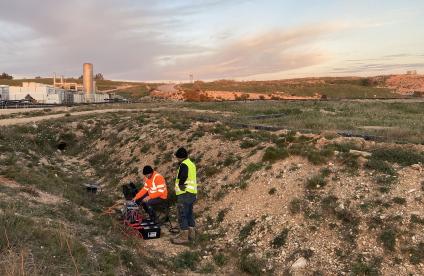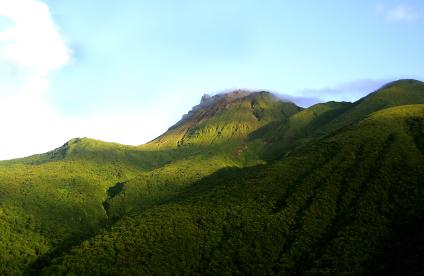Project objectives
The Rhine aquifer is a major groundwater resource (65 to 80 billion m3). It supplies water for many different uses and is essential for the rich biodiversity of the associated ecosystems. Climate change can lead to various effects on groundwater levels and assessing these effects is a scientific priority.
The GRETA project aims to improve knowledge about the impact of climate change on this water resource and the associated ecosystems.
Expected results
The GRETA project team will develop a series of hydrodynamic modelling tools that will ultimately make it possible to manage the quality of the Rhine aquifer over the long term. It will provide information about the links between the aquifer and ecosystems, and assess their vulnerability based on current and future climate scenarios.
The results will be promoted and shared through scientific publications as well as documentation aimed at the general public.
At the end of the GRETA project, the tools developed to understand the local water resources and biodiversity – which take climate change into account – will be shared with all the regional players involved in water and environmental management. The modelling system for the Upper Rhine area will be validated by the LOGAR (Operational Coordination for the Management of the Rhine Aquifer) network and may be adapted for use in other locations.
Study programme
The programme focuses on 4 main areas of work:
- Characterisation of changes in the aquifer according to various factors (climate-related/anthropogenic).
- Development of the LOGAR (Operational Coordination for the Management of the Rhine Aquifer) modelling system: hydrological models, hydrodynamic model and nitrate model.
- Simulation of the impact of climate change up to 2100.
- Characterisation of the links between biodiversity ecosystems and groundwater on a cross-border scale (with pilot sites).
BRGM’s role
As the manager of this European Interreg Upper Rhine project, BRGM aims to contribute to the advancement of scientific knowledge (including artificial intelligence tools) and provide decision-making support tools for use by local players in the region.
As a public research establishment, BRGM provides its skills and experience in a number of areas:
- Coordination of the partnership both administratively and scientifically.
- Characterisation of groundwater trends using traditional and innovative methods (artificial intelligence).
- Involvement of teams from the BRGM Grand Est Regional Directorate and from the Technical and Scientific Centre in Orléans in all of the above-mentioned areas of work.
Partners
The GRETA project brings together technical and financial partners from Germany and France:
- Rhine-Meuse Water Agency (AERM, France);
- Regional Association for Initiation in the Environment and Nature in Alsace (ARIENA, France);
- Association for the Protection of the Aquifer of the Alsace Plain (APRONA, France);
- French Geological Survey (BRGM, project sponsor in France);
- Regional Agricultural Chamber for the Grand Est Region (CRAGE, France);
- Regional Directorate for Environment, Planning and Housing for the Grand Est Region (DREAL, France);
- Karlsruhe Institute of Technology (KIT, Germany);
- Landesamt für Geologie, Rohstoffe und Bergbau (LGRB, Germany);
- Landesanstalt für Umwelt Baden-Württemberg (LUBW, Germany);
- Landwirtschaftliches Technologiezentrum Augustenberg (LTZ, Germany)
- Laboratoire Image, Ville, Environnement (LIVE, France), Joint Research Unit (UMR) of the CNRS and UNISTRA
- Regierungspräsidium Karlsruhe (RP Karlsruhe, Germany);
- Grand Est Regional Council (RGE, France);
- The European Regional Development Fund (ERDF - Interreg Upper Rhine programme).

Partners of the GRETA project for the Upper Rhine aquifer
© GRETA
Historical background to the programme
The MoNit (Interreg III, 2002 to 2006) and LOGAR (Interreg IV, 2009 to 2012) cross-border projects made it possible to develop a modelling system to assess the levels of nitrates and phytosanitary products in the groundwater of the Rhine Graben and to compare scenarios for changes in these levels using forward-looking simulations. However, further developments were needed to understand the quantitative issues concerning the water resources.
Based on the exchanges and work conducted as part of LOGAR (Operational Coordination for the Management of the Rhine Aquifer) network, and supplementing the studies focused primarily on the changes in groundwater quality (nitrates, phytosanitary products), it became clear that there was also a need to improve our knowledge of quantitative changes in the Rhine aquifer and, ultimately, the resilience of the associated ecosystems.
The GRETA project was launched in September 2023 in response to these challenges The programme will run for 3 years and 10 months, ending in June 2027.

